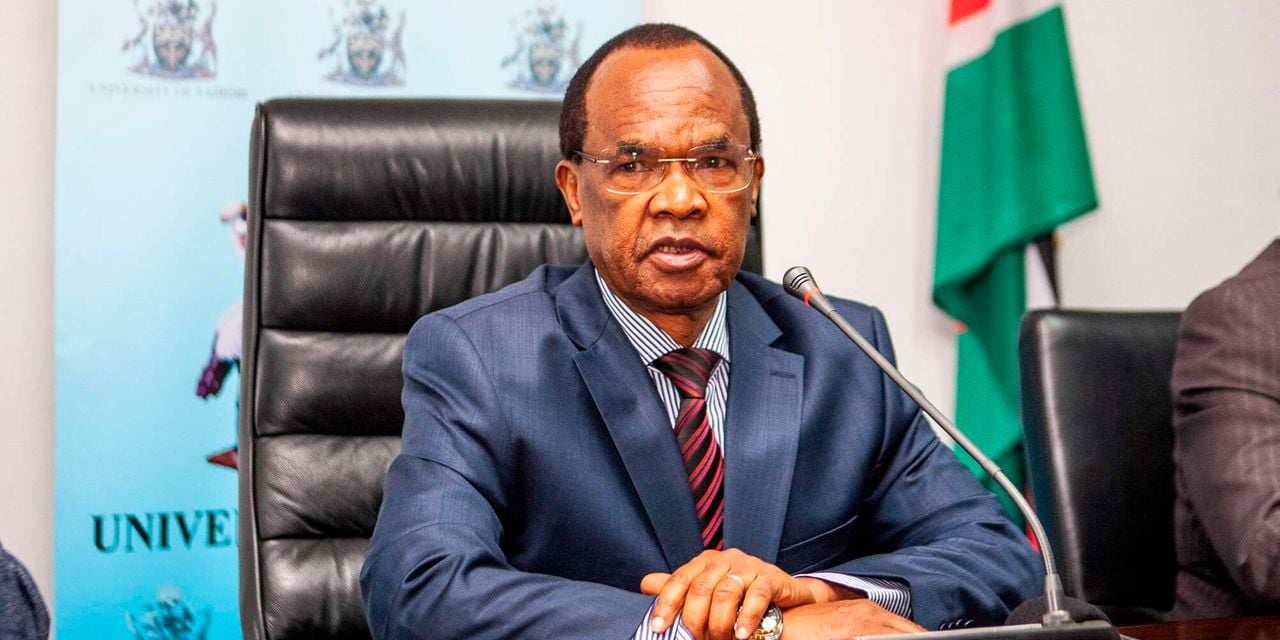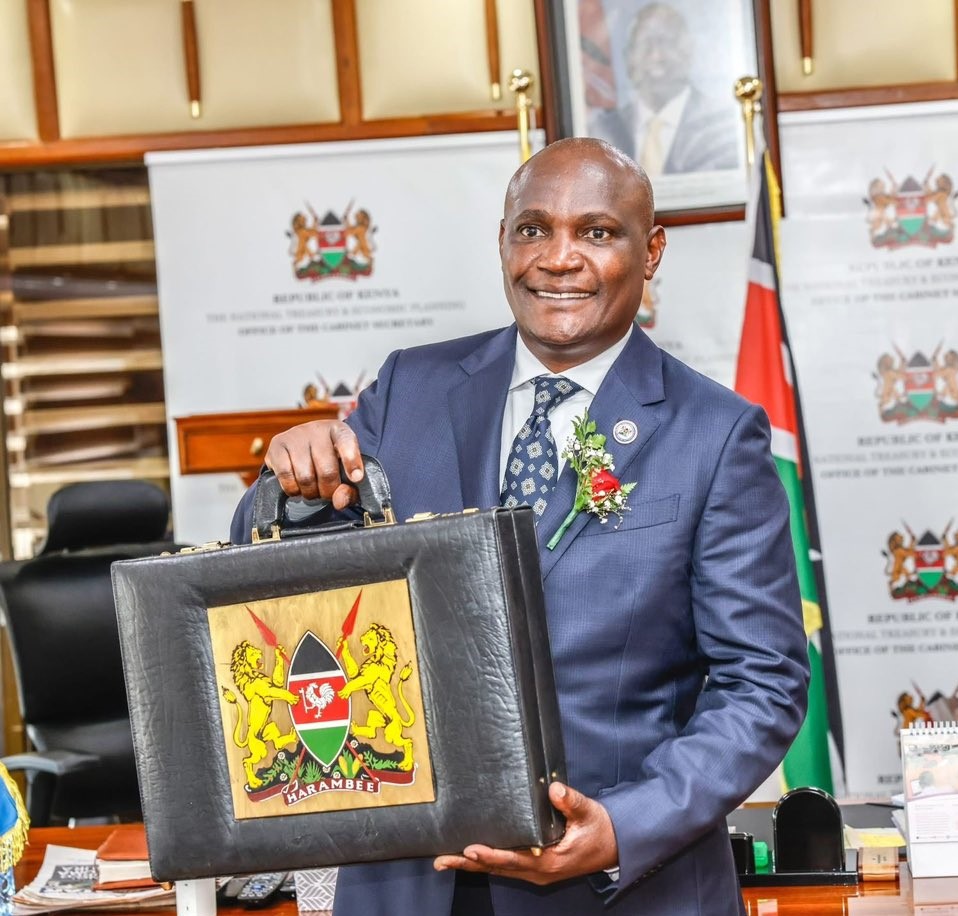A subtle yet significant power struggle has arisen over the appointment of the next vice-chancellor of the University of Nairobi (UoN), revealing intricate tensions, legal uncertainties, and political dynamics within one of Kenya’s premier academic institutions.
At the centre of the dispute is the nomination of Prof Bitange Ndemo, a former Principal Secretary and ambassador, whose appointment has sparked confusion and mutual accusations among the Public Service Commission (PSC), the university council, and the Ministry of Education.
The PSC maintains that the selection process was competitive, transparent, and legally compliant, adhering to Section 35(1)(a)(v) of the Universities Act, which governs vice-chancellor appointments. However, Prof Ndemo declined the position, citing procedural irregularities. This rare refusal has raised concerns across academic and political circles, casting doubt on the integrity of the process. In the same round of appointments, Prof Francis Mulaa was named Deputy Vice-Chancellor for Academic Affairs.
The Ministry of Education, led by Higher Education Principal Secretary Dr Beatrice Inyangala, swiftly rejected the appointments, asserting that the university council bypassed the ministry and failed to convene a proper meeting to deliberate on the decisions. Dr Inyangala revoked Prof Mulaa’s appointment and reinstated Prof Margaret J. Hutchinson as acting vice-chancellor.
Prof Amukowa Anangwe, the UoN council chairperson, sharply criticised the ministry’s actions, accusing it of succumbing to external political pressure and undermining legal procedures. He emphasised that while consultation with the Cabinet Secretary is required, the university council holds ultimate authority over such appointments.
Anangwe has since been arraigned at the Milimani Anti-Corruption Court, alongside three other senior officials, facing charges of abuse of office and abetting fraud. These charges relate to the alleged irregular reappointment of Daniel Brian Ouma Okeyo as Acting Chief Operations Officer, despite a court ruling and a letter from former Vice-Chancellor Prof Stephen Kiama rescinding the appointment. Mr Okeyo faces separate charges of unlawful acquisition of public property amounting to KSh 32,459,406.15 in salaries paid between March 2015 and May 2025.
Academic and governance observers note that this dispute highlights deeper institutional challenges within Kenya’s public university system. As the country’s flagship university, UoN has become the epicentre of a governance standoff with potentially far-reaching consequences.
Prof Ndemo’s rejection of the position suggests internal tensions, political interference, or both, raising questions about the integrity of senior public sector appointments. The Universities Act contains provisions that allow for varying interpretations, which have fuelled this jurisdictional conflict, stalled UoN’s leadership transition, and tarnished the institution’s public image.
The PSC pointed out that, unlike UoN, appointments at 18 other public universities have proceeded without incident, suggesting UoN’s challenges may stem from its political sensitivity or symbolic importance.
Education stakeholders are calling for a swift resolution to prevent further erosion of public trust and institutional credibility. “This is more than an academic dispute; it concerns the rule of law, institutional respect, and public confidence in our education system,” said a university governance expert who wished to remain anonymous.
As the conflict persists, the stakes extend beyond a single leadership position to the broader governance model for public universities in Kenya.





